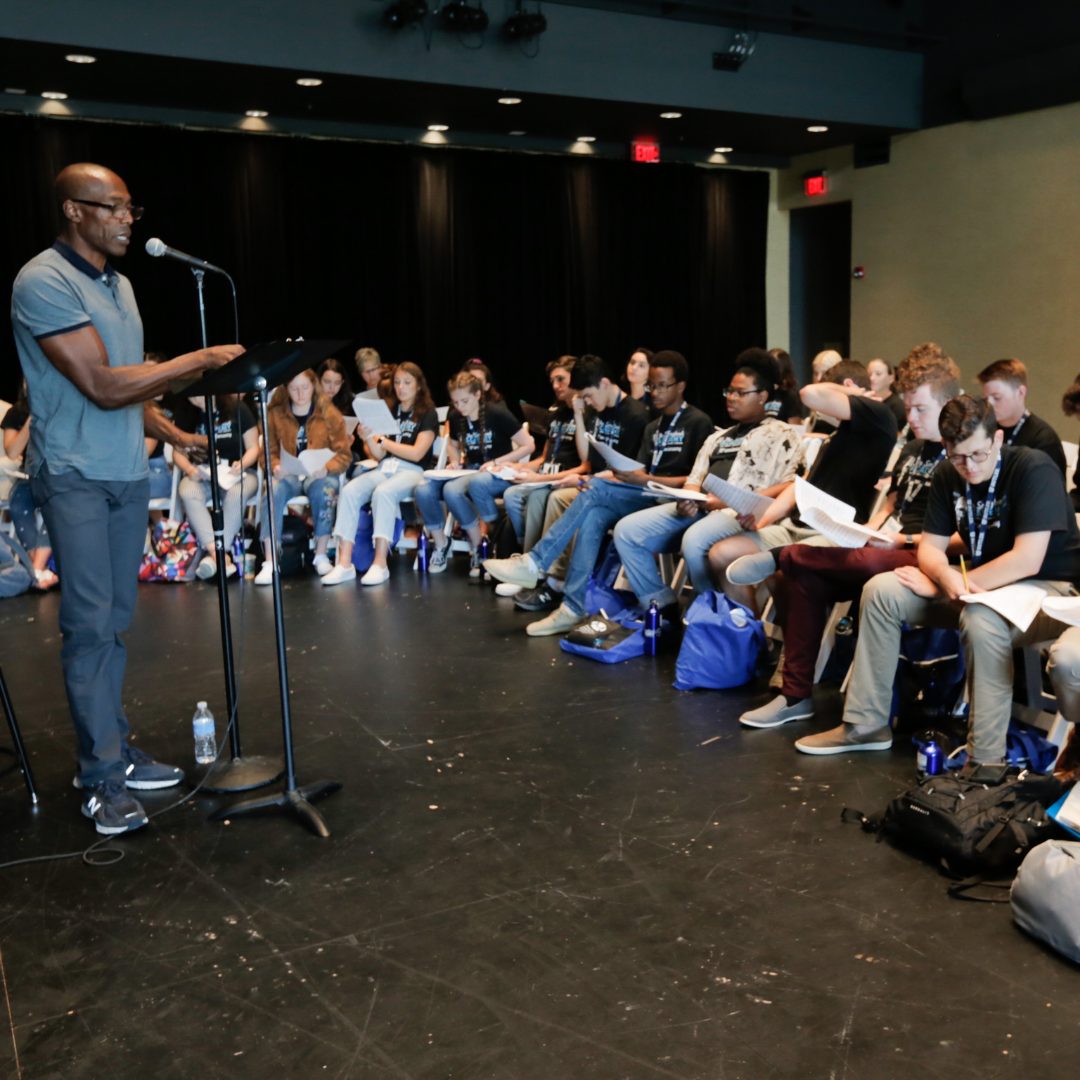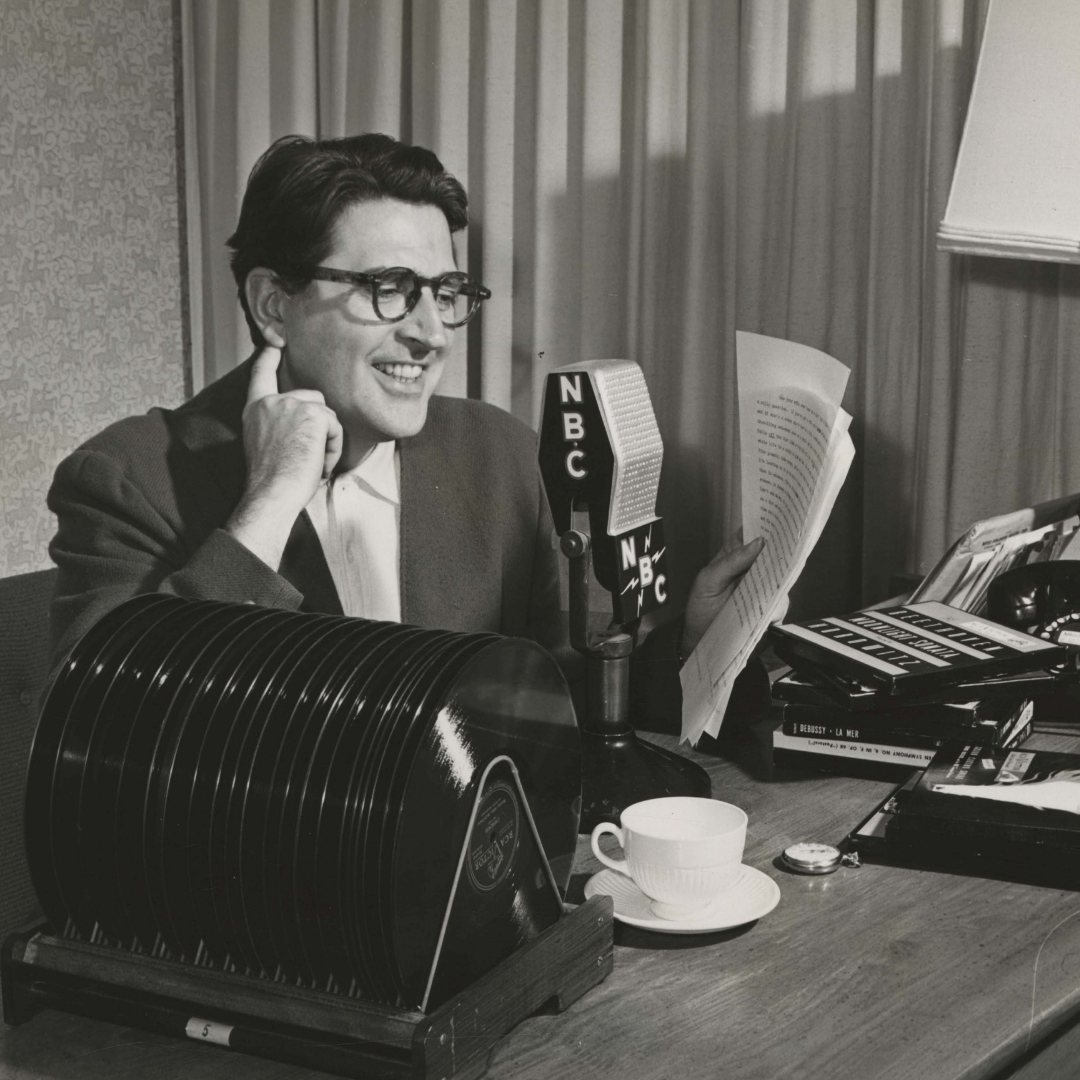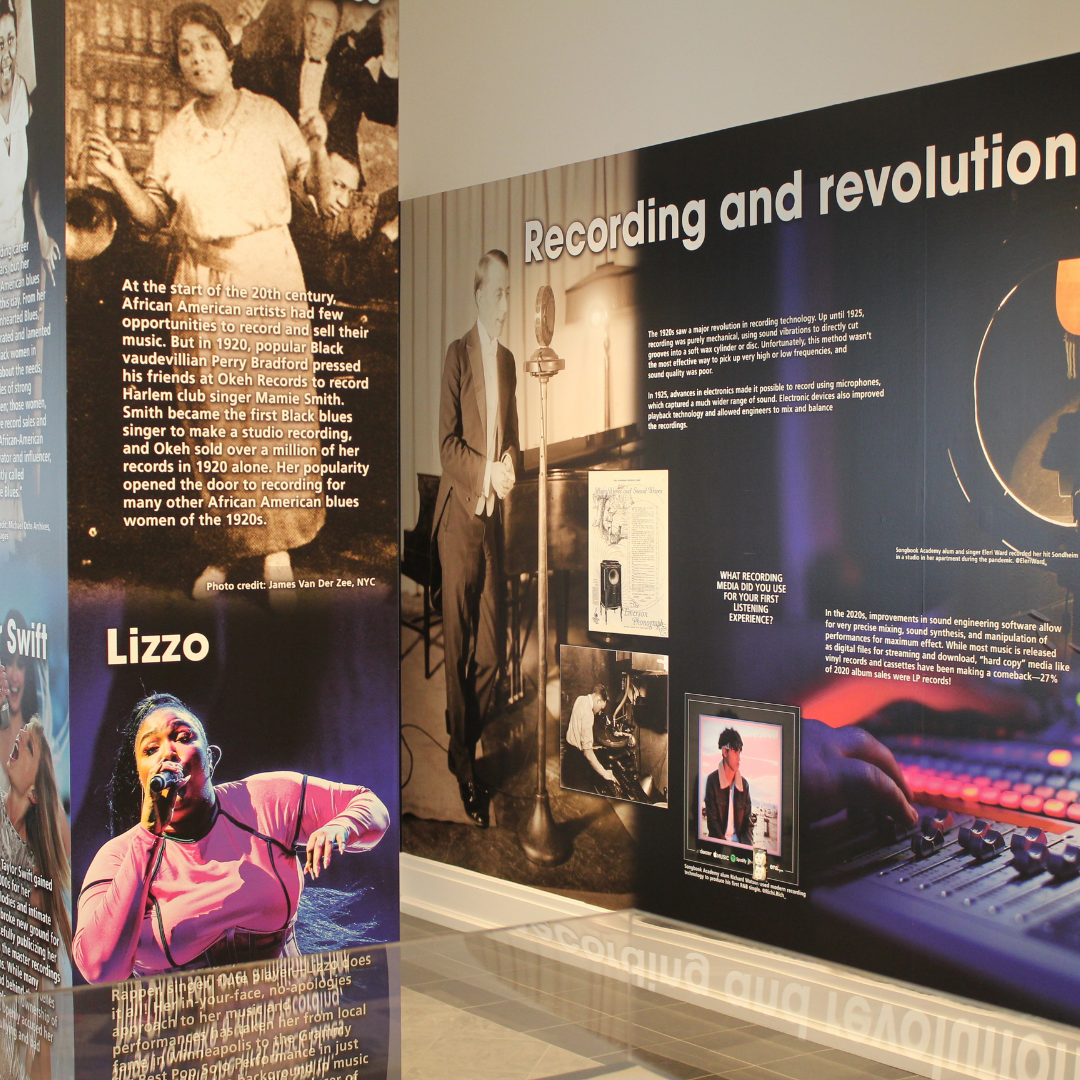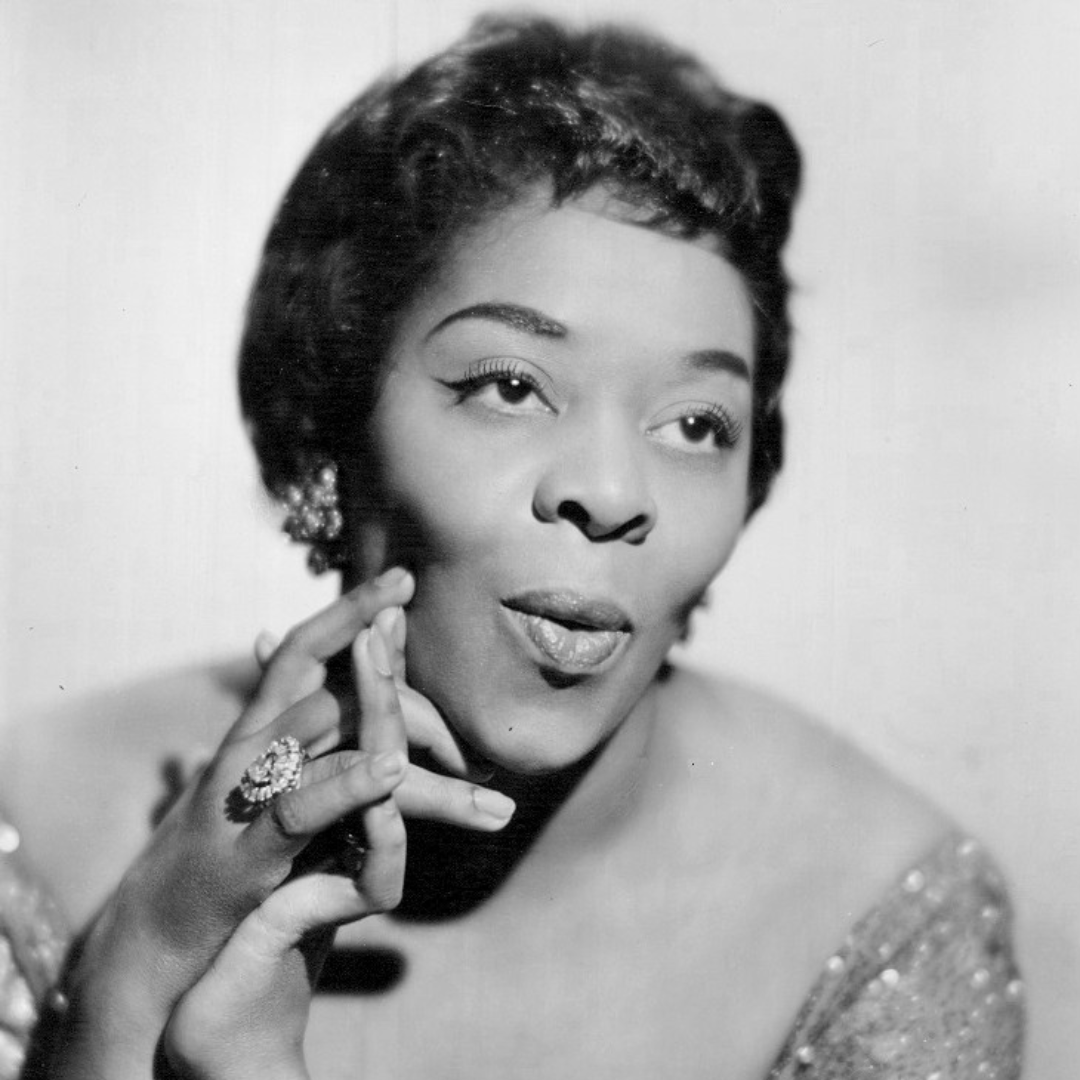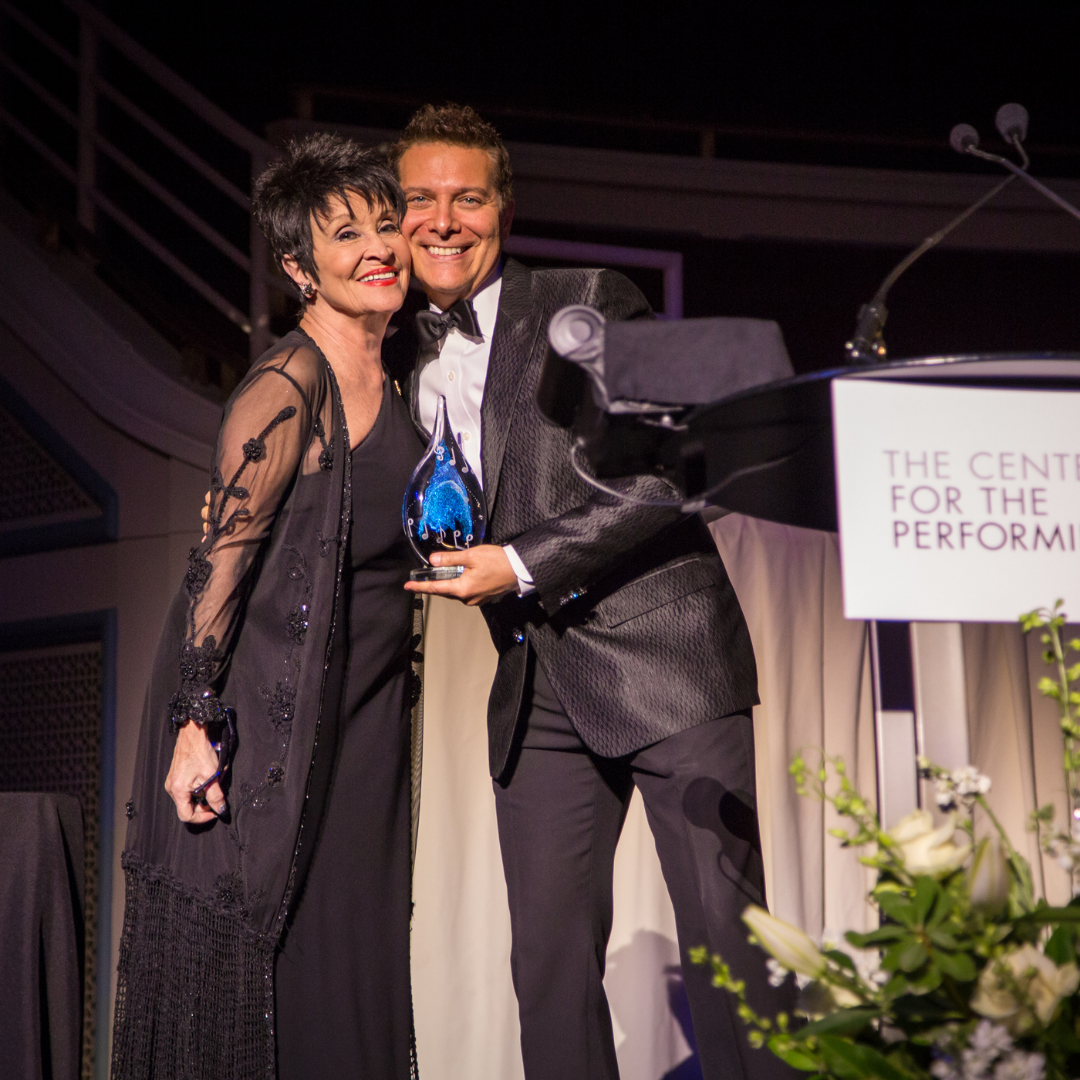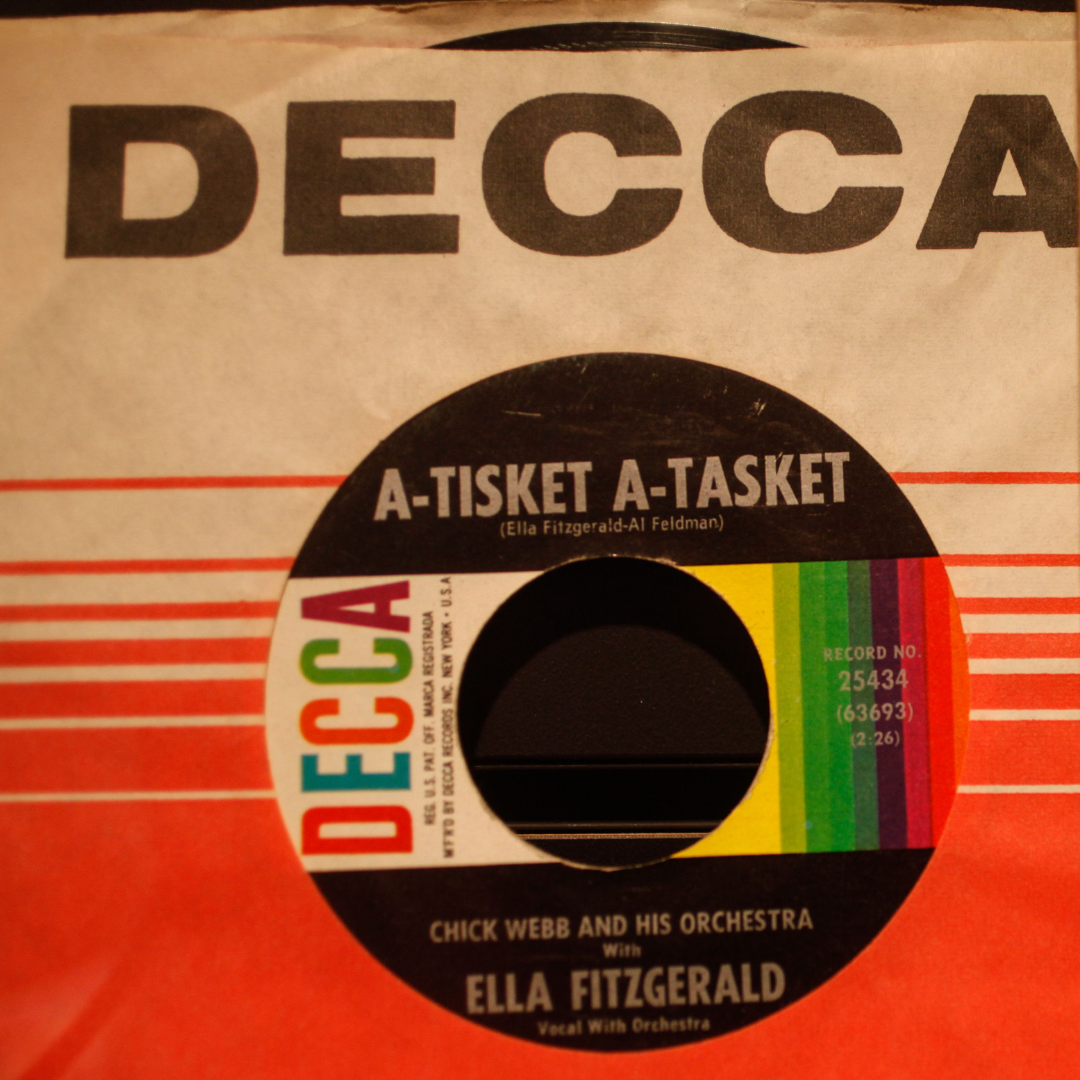Elegy to Chita: “Lyrics as My Best Friend”
February 19, 2024
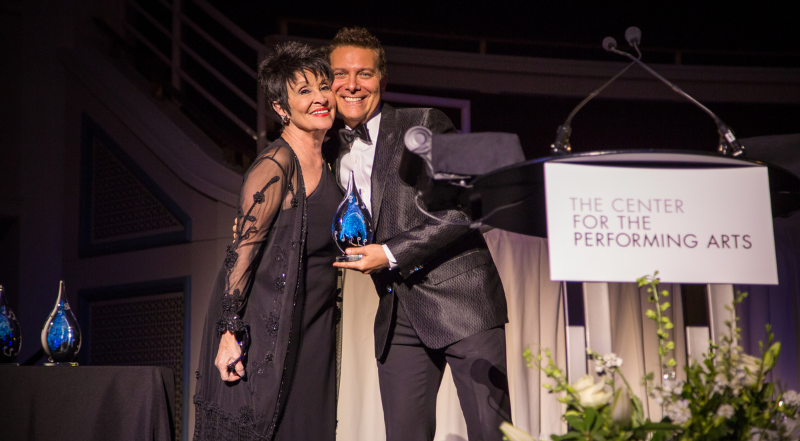
Remembering Chita Rivera
by guest author, John Canning
On January 30, 2024, Songbook Hall of Fame member Chita Rivera passed away at 91. While most obituaries of Chita’s life and appraisals of her career discussed her talent and achievements, there was not a focus on her attachment to the Great American Songbook. She was, in fact, a prominent preserver and promoter of the Songbook, who was still singing the great songwriters into her 90th decade.
Rivera was born in Washington, D.C.. Her father was a clarinetist and saxophonist in the U.S. Navy Band. He died when Chita was a young girl. Her mother went to work at the Department of Defense and raised Chita and her four siblings. She placed the always-in-motion Chita in ballet class. Succeeding wildly, Rivera came to New York around 1950 to study for the professional ballet. But she soon changed her terpsichorean path and began dancing in musical theater. She was persuaded that she possessed a good voice and could sing. A seven-decade relationship with the Great American Songbook commenced.
Frank Loesser’s Guys and Dolls, where she was featured in the sizzling “Havana” dance, and Cole Porter’s Can-Can, where she was part of the “Garden of Eden” ballet, brought Rivera to Broadway. In 1956, she appeared in Mr. Wonderful with Sammy Davis, Jr. She sang the number “I’m Available.” Chita Rivera the singer had arrived.
“Singing from the Great American Songbook connected me to the character and the show.”
What followed were prominent vocal roles in shows that bolstered and contributed to the Great American Songbook: Anita, of course, in the Bernstein-Sondheim West Side Story, Rosie in the Strouse-Adams Bye Bye Birdie, on Broadway, and Charity in the Coleman-Fields Sweet Charity, in a national tour. This dancer was now recognized as a musical theater star and a singer of the American popular standard. In her autobiography, Chita A Memoir (with Patrick Pacheco), Rivera discussed her singing. She said that her “job was to be in the service of the composers. It was their words and music that gave me a door to the character and whatever emotion I was communicating at any given moment. I thought of lyrics as my best friend, and I worked hard to give them their full due and coloration.” She added, “Singing from the Great American Songbook connected me to the character and the show.”
Rivera’s relationship to the Great American Songbook further developed from the 1970s to the second decade of this millennium primarily through the musicals of John Kander and Fred Ebb (Chicago, The Rink, with Liza Minnelli, Kiss of the Spider Woman, and The Visit) as well as her performances as a cabaret chanteuse in an act initially created by them. Rivera won Tonys for The Rink and Kiss of the Spider Woman. While Minnelli was the leading lady in Kander and Ebb’s earlier shows, they recognized Chita’s star power and she shone as their muse in later productions. Starring in their shows, Rivera was centerstage as the singer and musical presence as their numbers floated delightfully across the footlights and into the Songbook.
Chita Rivera, the dancer who transformed into the singer, the star, and eventually, the muse, preserved and promoted the American popular standard. Her oeuvre and art will be remembered for as long as the Songbook itself is celebrated.



